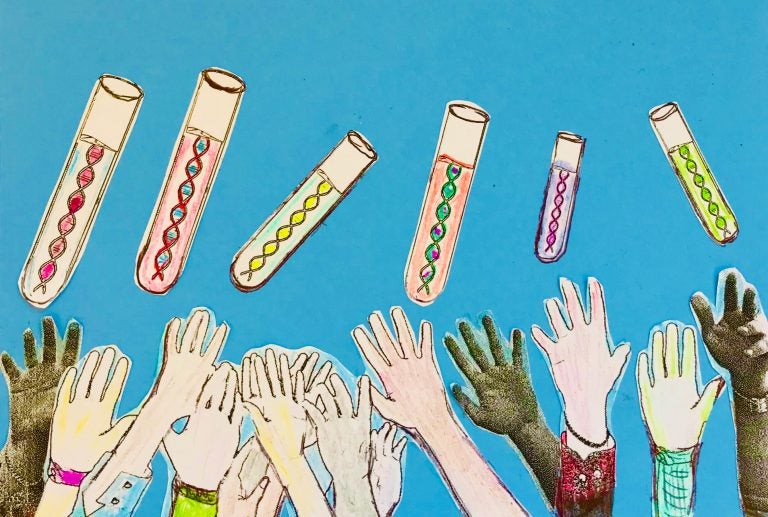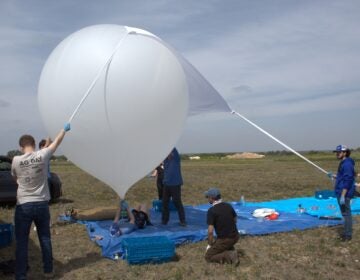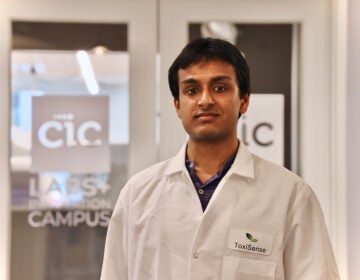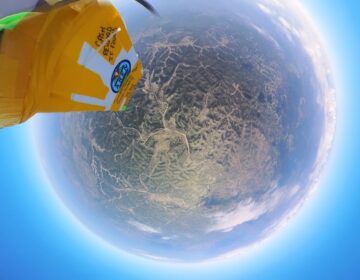When DNA Research Doesn’t Benefit All of Us
Listen 49:13
(Illustration by Maiken Scott)
There’s long been an idea that sharing our DNA for research benefits the greater good — that it leads to new insights, new medications, and new discoveries. In humans, 99.9% of DNA is the same. It’s the 0.1% that makes us different — holding the secrets to everything from what we look like, to where we come from, to what causes certain diseases.
Most samples in DNA data banks come from people of white European ancestry, and many other groups are either underrepresented or not represented at all. This has implications for drug development, medical advances, and other research projects. There have been several efforts to diversify DNA data banks, and to collect samples from people all over the world, but many communities have been reluctant to participate. They have been burned by previous research efforts, or feel like they don’t stand to benefit from the findings. On this episode, we explore participation in DNA research, why it matters, and how the process could become more equitable.
We hear about Black Americans trying to break through the “wall of slavery” to discover more about their ancestry, along with a global genetic research program that got entangled in ethical controversy, and became known as “the vampire project.”
Also heard on this week’s episode:
- Alan Yu reports on how a global genetic research program came to be known as “the vampire project” among Indigenous populations — and why many are reluctant to give up their DNA.
- Jad Sleiman reports on Dor Yeshorim — a hotline used by young Orthodox Jews to help them screen potential partners for rare genetic diseases.
Segments from this episode
WHYY is your source for fact-based, in-depth journalism and information. As a nonprofit organization, we rely on financial support from readers like you. Please give today.






